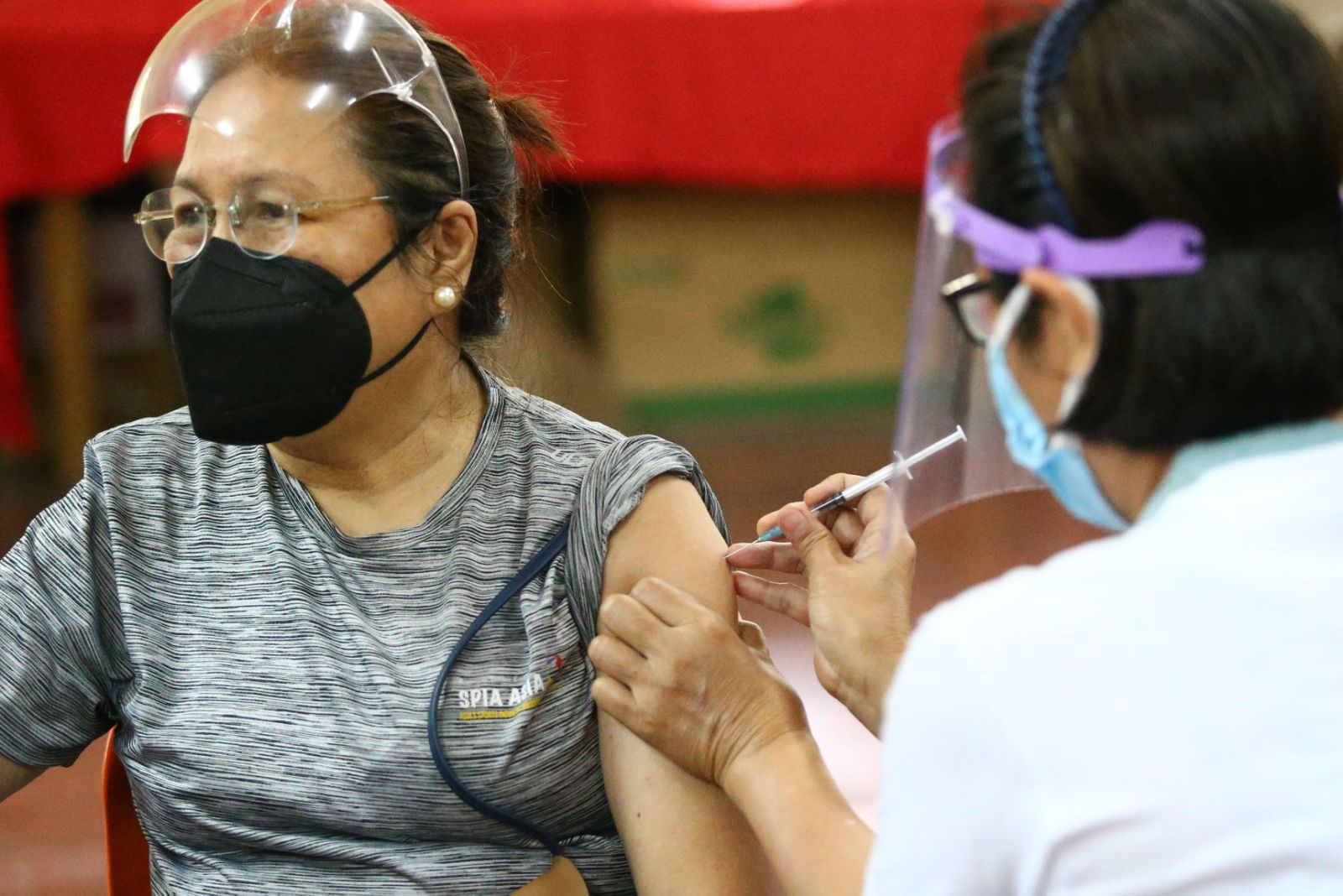DOH cites challenges in Covid-19 vaccine management following 2023 COA audit
The Department of Health (DOH), on Thursday, Dec. 5, addressed the Commission on Audit's (COA) 2023 findings regarding more than P11 billion worth of expired drugs, medicines, and medical supplies that went unused in 2023.

Addressing concerns regarding vaccine wastage, the DOH clarified the unique challenges faced during the Covid-19 vaccination drive, emphasizing that it was an emergency operation to ensure Filipinos had timely access to vaccines.
“The Covid-19 vaccination exercise did not have the benefit of years of planning and preparation, like other routine and established vaccination programs,” DOH said in a statement. “It was an emergency, a matter of life and death,” it added.
In its audit report, COA revealed that the expired supplies, totaling P11,186,368,902.47, included 7,035,161 vials of Covid-19 vaccines that had expired in DOH warehouses and health facilities.
DOH, for its part, thanked the COA for its “work to promote transparency, accountability, and good governance in the management of public funds and property” as it provided “context” to its findings concerning the department.
Vaccine management challenges
DOH pointed out that, like many governments worldwide, the Philippine government, through the Inter-Agency Task Force for the Management of Emerging Infectious Diseases (IATF-EID), decided to have more Covid-19 vaccines available for all Filipinos as soon as possible rather than none at all.
“Even as the national government advised all concerned that it would be procuring for all Filipinos, some local government units and private sector entities insisted on procuring their own vaccines,” DOH explained.
DOH noted that as more and more doses arrived from the triple procurement efforts, “there were even donations” that came from the COVAX facility and from bilateral channels.
Citing the international scientific community, DOH said that in April 2022, Covid-19 “vaccine wastage rates of up to 30 percent” were observed.
DOH noted that as of October 2021, Australia had up to seven million Covid-19 vaccines wasted due to expiration and being “unwanted.”
“Researchers pointed out an imbalance between supply and demand for these vaccines that were much needed in a time of global emergency,” DOH explained. “In the first few months of vaccine discovery, manufacturers raced to mass produce,” it added.
Decline in vaccine demand, disposal efforts
DOH noted that, like in other countries, the demand for the Covid-19 vaccine in the Philippines also declined.
“As supply was no longer an issue around 2021-2022, population demand went down sharply,” DOH said.
DOH also noted that the mild but highly transmissible Omicron variant strengthened herd immunity through natural infection, “so fewer people experienced critical symptoms.”
Moreover, DOH explained that the public started seeing Covid-19 as “similar to seasonal influenza, so more vaccinated people decided not to receive a booster shot.”
In the same 2023 Annual Audit Report, DOH noted that COA acknowledged that there is a DOH Disposal Committee working on the remaining expired vaccines stored at the DOH warehouses.
DOH said COA understands that “there may be no other resolution but to dispose of the expired vaccines since no extension was granted by the Food and Drug Administration (FDA).”
“Once disposal is completed following standard manuals on the disposal of government property, the results shall be relayed to COA,” DOH said.
The DOH expressed gratitude to the COA for recognizing that its Health Emergency Management Bureau (HEMB) has established guidelines for managing logistics during emergencies and disasters. These guidelines specifically address the proper storage conditions of health commodities, taking their shelf life into account to prevent wastage.
“Other operating units within the DOH have also designed and implemented similar strategies to minimize or avoid wastage in the future,” DOH said.